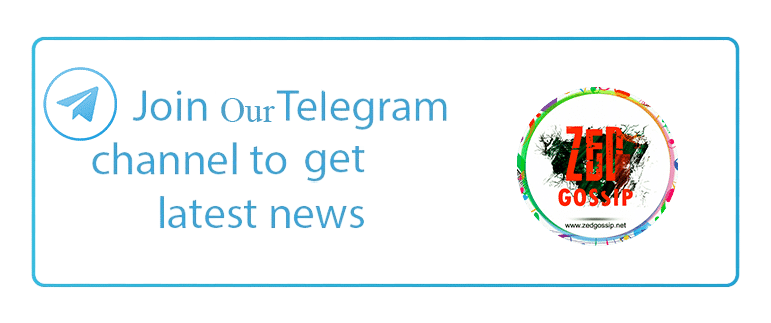Why is it an issue?
In Zambia, the Data Protection Act No. 3 of 2021 provides a legal framework for the protection of personal data, including health-related information. The Act requires that personal data be collected and processed in accordance with principles of fairness, lawfulness, and transparency.
Furthermore, the National Health Care Standards (NHCS) enshrine the right to informed consent, which includes the right to privacy and confidentiality concerning patient information. Any breach of these rights, such as unauthorized sharing of a patient’s photo, could be subject to investigation and potential penalties under Zambian law.
The Health Professions Council of Zambia (HPCZ) also provides guidelines on informed consent, emphasizing the ethical obligation of health practitioners to uphold patient rights and address any unethical behavior.
In the case of Mr. Kalaba’s photo being shared on social media without consent, it appears to be a violation of these principles and rights. The hospital’s response, as noted in the statement by the Public Relations Officer Nzeba Chanda, is to conduct an investigation into the matter, which aligns with the legal and ethical standards set forth in Zambian law and healthcare regulations.
UTH will keep the public informed as the investigation progresses.
However, the leakage of Kalaba’s photo in the hospital is significant from a journalistic perspective for several reasons:
》Verification of Facts: In the age of social media and instant news, the spread of misinformation can be rapid. A leaked photo can serve as proof of the actual condition of a public figure like Kalaba, especially when there are conflicting reports about their health or situation.
》Public Trust: Journalism plays a crucial role in maintaining public trust. By providing verified visual evidence, journalists can calm the masses and prevent panic or rumors that may arise from unverified reports.
》Ethical Reporting: The incident also highlights the importance of ethical reporting. Journalists must balance the public’s right to information with respect for privacy and dignity. The decision to publish such a photo should be weighed carefully, considering its newsworthiness and potential impact on the individual and their family.
》Crisis Management: In times of crisis, accurate information is key to managing public reaction. A photo can help to clarify the situation, leading to a more informed and less speculative public discourse.
》Accountability: The media’s role includes holding entities accountable. If the photo was leaked due to a breach of privacy or security protocols within the hospital, it could prompt an investigation into how such a breach occurred and how to prevent it in the future.
In summary, while the leakage of such a photo raises questions about privacy and ethics, from a journalistic perspective, it can play a role in providing accurate information, maintaining public trust, and ensuring accountability, all of which are vital in calming the masses during uncertain times. It is a delicate balance that requires careful consideration by the media.
[Bangwe Naviley Chisenga]
Freelance Journalist, Ex – Diplomat and Communications Consultant

















